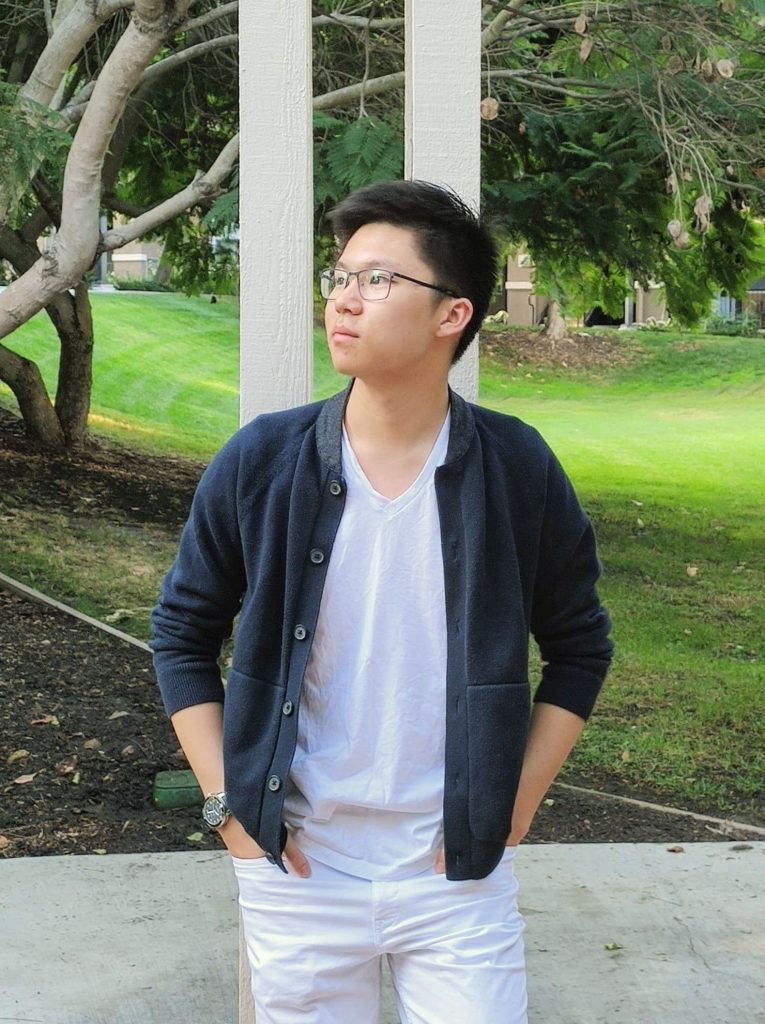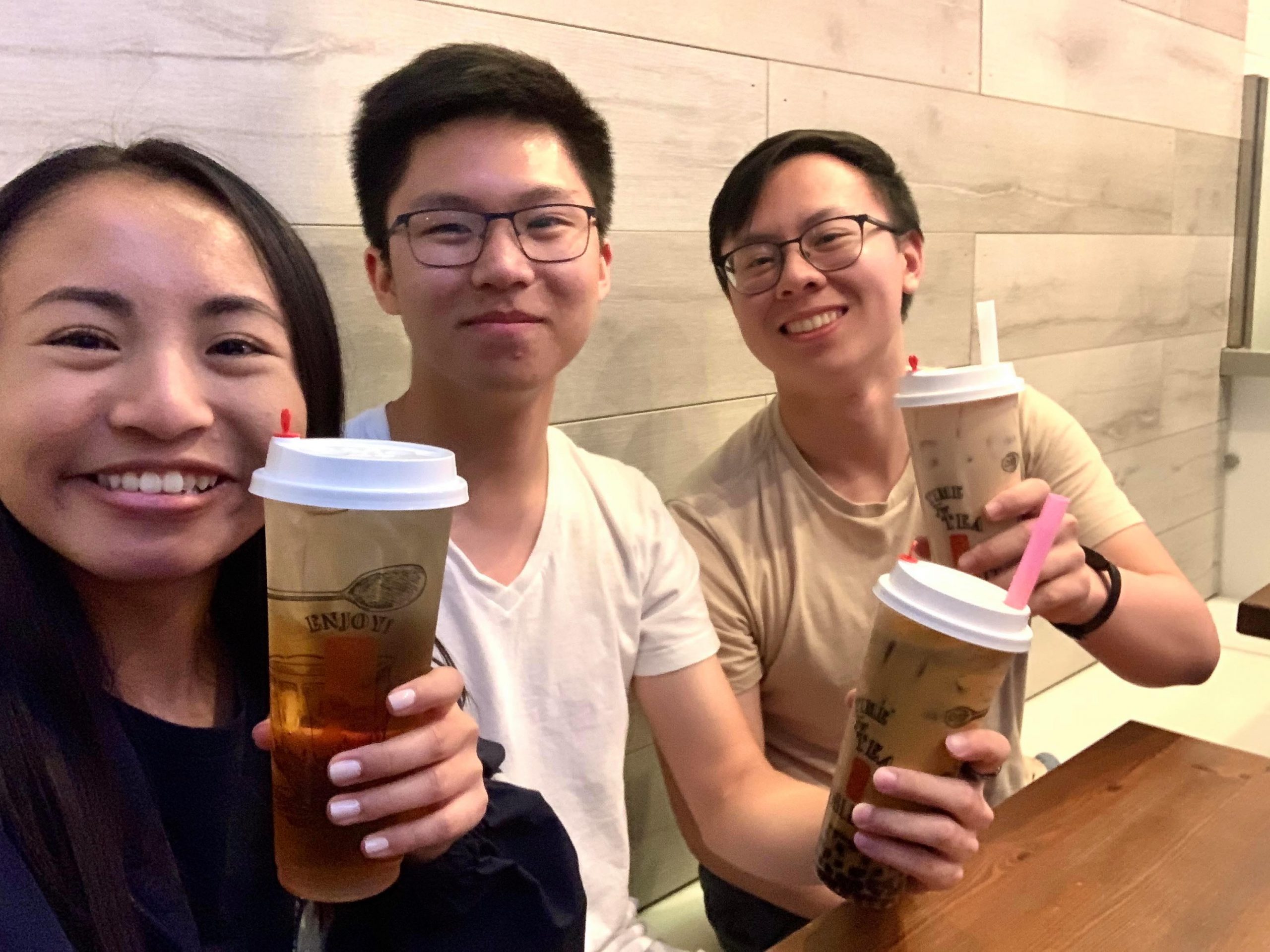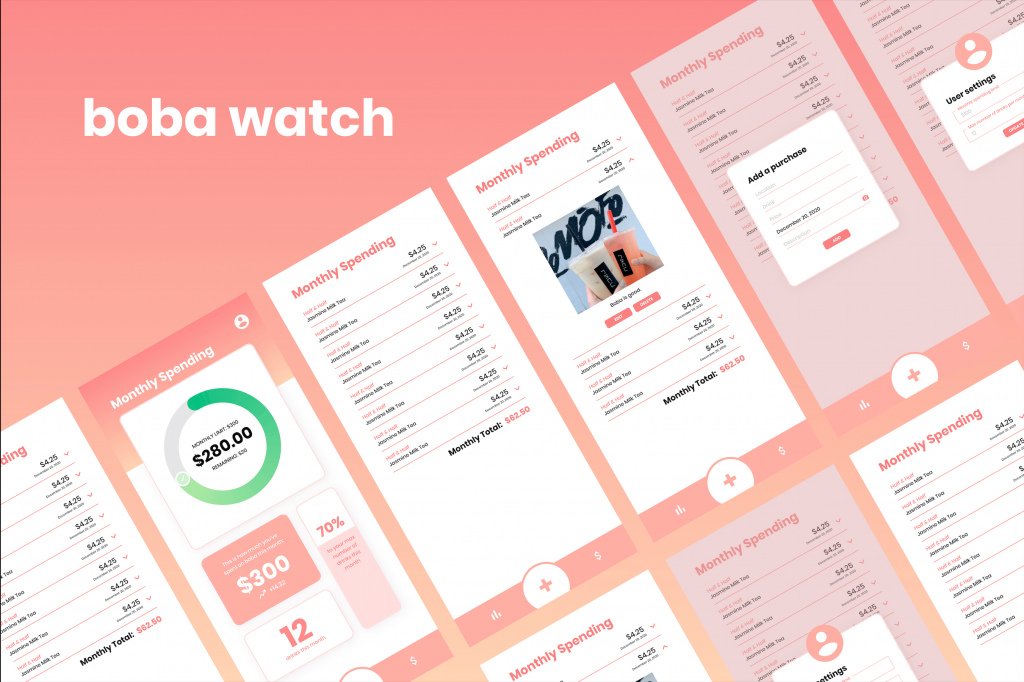Student Spotlight: Ryan Yang and the Instant Popularity of Boba Watch

Computer science major Ryan Yang has been at UCI for less than a month, but he’s already making headlines with the Boba Watch app he developed with two friends from UCLA, Alexander Chen and Callista Wu. As Yang, a transfer student from Pasadena City College, has noted, the free app had more than 800 unique hits with 500 registered users within the first 48 minutes of going live. It turns out that these three friends aren’t alone in their boba tea obsession and desire to track related expenses.
How did you first get interested in computer science?
I decided to major in computer science back in high school, because I love to make things — being able to create powerful software for positive change pushed me to study on my own. So I’m mostly self-taught, but I understand how critical it is to learn the fundamental concepts of computer science at school, which is why I chose to continue my education after community college here at UCI.
Tell me about the Boba Watch app, which had 2,300 registered users by the end of the first day.
We originally developed this app at a hackathon at UCLA. I had known Callista from high school, and I had met Alex several months back at another hackathon where we were both mentors. Around this time, Callista and I started an Instagram account dedicated to showing off the various boba drinks we consumed, and we came up with the idea to track all of our finances in an app. The morning of the app release, I had to leave my first two classes because I couldn’t contain my excitement, but also because I had to focus on maintaining our servers and tracking our growth. We originally planned for maybe 20 or so regular users due to the niche audience we thought it would cater to, but it turns out there are thousands of us.

What do you think made the app so popular?
The design. I cannot understate the importance of UI/UX in any project. In software development, programmers often think of their project as a product, and their product has something that caters to consumers. The truth is, what these developers are selling is actually an experience that the users have using their product. When we made Boba Watch, we focused on executing the main idea very well — simplify the process of recording your drink consumption — rather than trying to incorporate as many features as possible poorly.
Similarly, the app, while simple, covers the main use cases: the individual aspect and the societal aspect. Individually, the general concept of the app focuses on a person’s “addiction” to boba drinks, while a public profile satisfies people’s societal needs by letting them express themselves and become part of a larger community.

You wanted to ensure there were no security vulnerabilities. How did you tackle this?
Since we developed this app during a hackathon — we had just 36 hours to create an app from scratch — there were various shortcuts taken that would sacrifice security but allow us to focus on the more presentable details such as design, functionality, and experience. After the hackathon, we decided that if we were to push this app into production and try to get users to login with their Facebook accounts, it was imperative that all of the “hacky” code had to be fixed. I refactored several thousand lines of code over the course of several months and hand-tested every feature myself before I was comfortable with releasing the app to the public.
What do you like best about UCI so far?
I love the boba stores nearby! I’ve only been on campus for a couple weeks, so I’m still settling into the environment, but once I do, I look forward to joining some of the clubs, and I’m definitely interested in going to more hackathons, such as the Opioid Hackathon, because they let participants direct their efforts towards a common cause to promote a positive influence. Boba Watch was founded at a hackathon, and I hope that serves as a testament to the opportunities created at these events.
What are your plans for the future?
I’m currently trying to see if I can graduate in one year and potentially start grad school the next. For the most part, I don’t have a defined plan set in stone because I will jump at any opportunity that I think will help me achieve a higher level of success.
— Shani Murray